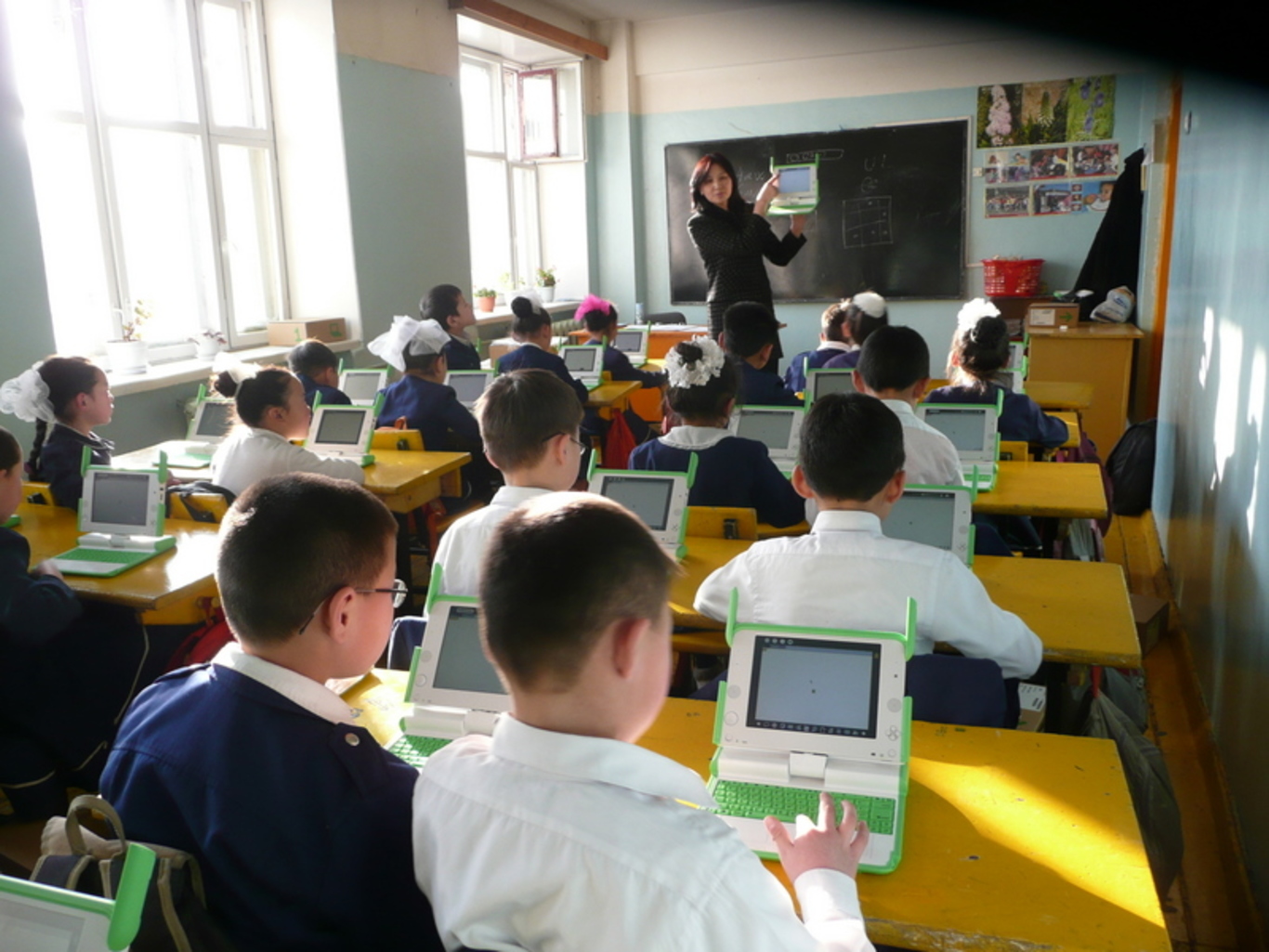“The Internet is not a classroom,” pop-culture scholars Amanda Ann Klein and Kristen Warner write in a recent article in The Chronicle of Higher Education. For those of us who spend our days in a positive orgy of learning things there, this statement is, well… false, to begin with.
The gist of Klein and Warner’s argument is that online, and in magazines, pop-culture critics do not sufficiently credit the work of “experts,” by whom they mean pop-culture scholars like themselves. “That write-up you’re planning on antiheroes, reality-television history, or the networks’ exploitation of black audiences? It has a scholarly antecedent just waiting to expand your knowledge of the subject.” Whether a critic and his readers have the faintest desire for their knowledge to be “expanded” is immaterial; evidently, critics should hie themselves along to JSTOR before setting paw to keyboard, just in case some academic may have gotten there first.
Furious subtweeting predictably followed, with one popular critic silkily observing of “pop culture academics” that “[t]hey usually can’t write & are extremely stubborn about edits,” and Klein firing back on Twitter: “Just do your research before you publish, whinypants” [since deleted].
It’s surprising to find that there is still some vestige of the old gatekeeper mentality among our academics. The once-common tendency of academics to talk down to the rest of us plebs is clearly on the wane, though. And a very good thing, too. Marshall McLuhan’s promises of the early nineteen-sixties are come to pass, and we enjoy a fantastically rich, heady cross-cultural ferment across the sciences as well as the humanities, owing in part to the magic of the Internet and in part to the slow but steady opening up of academic minds. The Internet is itself the “Gutenberg Galaxy”—the “mosaic configuration or galaxy for insight” that McLuhan so uncannily predicted; students, readers, hobbyists, stans and scholars, all sorts of interested parties are free, now, to roll their own blend of ideas and observations. All are free to participate. We take this for granted, but in fact the sheer wealth of it is exhilarating.
It’s plumb loco to be drawing up battle lines between popular and academic criticism right now, when so many academics and ex-academics are writing top-notch popular criticism (e.g., just off the top of my head, Ian Bogost, Aaron Bady, Lili Loofbourow, Freddie deBoer, Jacqui Shine and Clay Shirky). I asked Evan Kindley — a visiting assistant professor of English at Claremont McKenna College, editor at the Los Angeles Review of Books, and gifted popular critic — what he thought about this Chron piece, and he replied, “Where I depart from Warner and Klein is their apparent assumption that journalists have an obligation to consult academics, as opposed to the claim that consulting academics is a good idea. […] Journalism and scholarship are just totally different animals; the two can be mated with interesting results, but they’re not doing each other any harm if they keep to their own ecosystems.”
Are the two ecosystems really so far apart? Perhaps these academics’ anxiety owes more to the fact that the gate opened all by itself. Over the last century, academic and popular culture have grown closer and closer together, as evidenced, indeed, by the very existence of pop-culture scholarship. There was a time when the undergraduate study of English ended at Milton; when the serious study of English required serious “expertise.” Not anymore, whinypants!
Let’s be clear: popular critics aren’t here to “teach.” But it’s also possible the best professors aren’t here to “teach” either, but instead to participate in a broader discourse. Sadly, there is a real cost to that for public intellectuals today. “If scholars want to be part of [popular] conversations, they can be,” Aaron Bady wrote to me in an email. He continued:
Many of them — us — are. But for a lot of us, the price we paid for it was not getting academic jobs! Scholars who spend their lives writing for JSTOR and other pay-walled gardens get tenure as the reward for making their work inaccessible to everyone else — because, literally, publishing in inaccessible peer-reviewed journals “counts,” while publishing for the public doesn’t — and that’s fine; that’s a choice. But it seems strange to complain that they don’t get to have their cake and eat it too. Those barriers are real, and they go both ways.
We can only lament that the academy doesn’t appear to recognize the groundbreaking and vital importance of this perspective. If the humanities are in decline, that may partly be due to the brand of fusty, square condescension to the public put on display by Klein and Warner. Charged with this on Twitter, Klein protested that professors engage with the broader culture through their contact with students. But it’s quite clear that that contact goes in one direction only:
The first time students see Jean-Luc Godard’s 1960 film, Breathless, they often assume his jump cuts are sloppy editing mistakes, rather than a conscious strategy on the part of the director to subvert the polished style of the 1950s French “Cinema of Quality.” In the classroom that is called a “teachable moment.” Mistakes and misunderstandings offer professors platforms for engaging students in productive but also corrective discussions.
The future is not in the “corrective,” but in the inclusive.
Early works on popular culture written by public intellectuals, like Norman Mailer’s “The White Negro” (1957) and Susan Sontag’s “Notes on ‘Camp’” (1964), have aged poorly for this very reason. Valuable as they were at the time for helping to bring the real concerns of American popular culture to the forefront, they were written from a self-congratulatory perch high above the common herd. In order to participate in a meaningful critique of popular culture you cannot hold yourself above it. That is why the Internet is, in fact, a classroom.


